How to determine the temperament of a child?
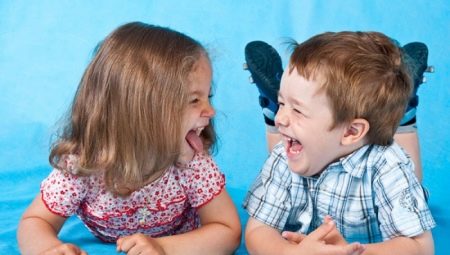
The problem of fathers and children, described by many classics of literature, has been troubling families for centuries. Parents do not hear children, and children organize teenage riots, trampling on all authorities. In order to find mutual understanding with your child, to build harmonious relations with him, it is necessary to understand the peculiarities of his psyche. Some children require constant attention and participation of an adult, others like active communication with peers and active activity, and still others prefer to spend the whole day reading books and not paying attention to others. This difference is due to many different characteristics of the child's personality, one of which is his temperament.
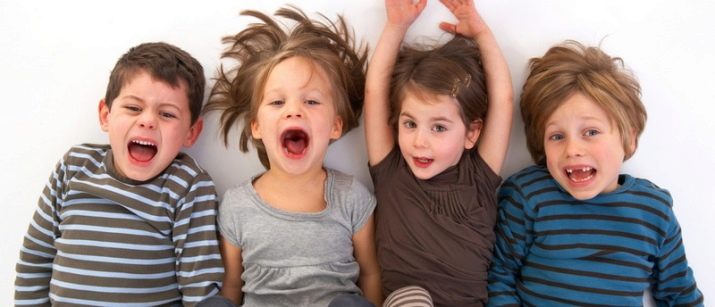
What it is?
The general concept of temperament means the main features and properties of the psyche of an individual. Such distinctive personality traits are equally manifested in various actions of the child and do not depend on goals and motives. Often, such reactions persist until the end of life, and their totality makes it possible to classify a huge variety of such features into several basic types. The definition of this type depends on the specific properties of the psyche of each individual person.
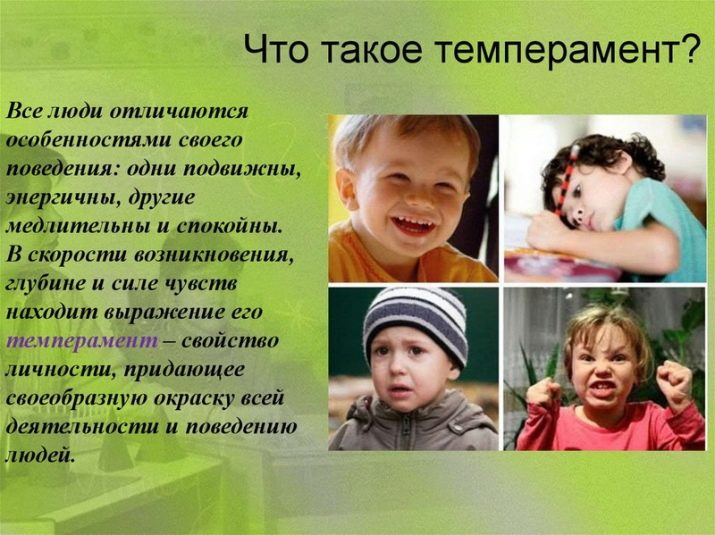
Activity - This property of the psyche, which is responsible for the speed of decision-making and the intensity of their implementation in your life. The faster the child reacts to stimuli, the more persistent and focused he achieves results and overcomes obstacles. This property is often called energy, or human energy. It is believed that people with stronger energies achieve more in life and are generally happier, although this has not been scientifically proven.
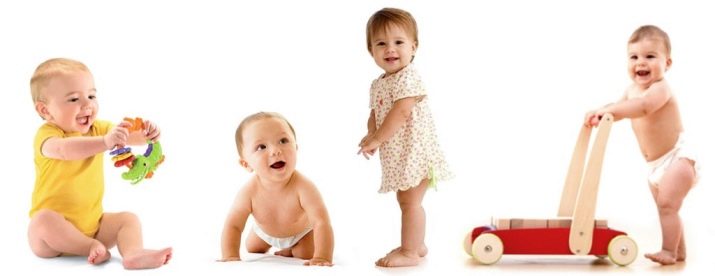
Sensitivity - this property of the psyche is directly related to activity and determines the minimum amount of impact that is necessary for the emergence of any response in the human psyche. Emotional excitability is a property similar to sensitivity, but in contrast to it, it shows what will be the strength of the response to a minimal external influence. Aggression and irascibility of both a child and an adult depend on emotional excitability. On the other hand, she is also responsible for joyful excitement, vivid experiences of emotional closeness and feelings of happiness.

Reactivity responsible for the intensity of the involuntary reactions of the human psyche. Such reactions arise both from the loud and harsh voice of the parent, and from the offensive remark. The rate of reactions is responsible for the rate of occurrence of reactions that have already arisen as a response in the psyche. The higher it is, the faster the child comes to a calm mood after happy or sad events. A baby with a high reaction rate will calm down faster when crying, however, and will cry again faster. In addition, this property affects the speed of thoughts, speech and gestures.
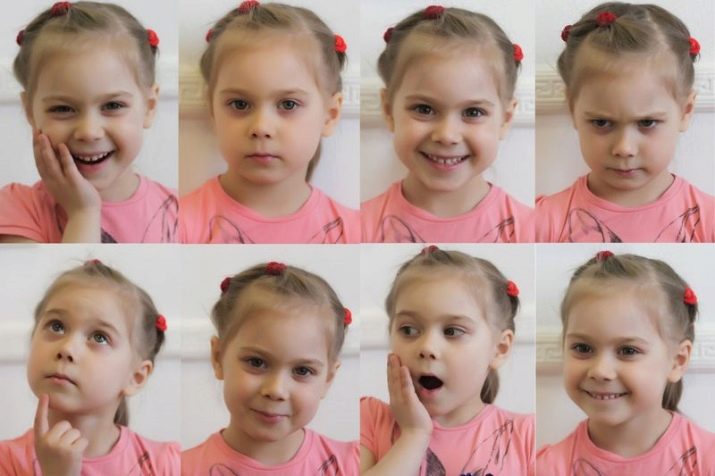
The relationship between activity and reactivity - an indicator of what factors influence the child to a greater extent, on what his actions are more dependent: on his goals and aspirations or mood and environment. The first is more important to achieve and win, and the second is to enjoy the process. Plasticity allows you to quickly respond to changes in the surrounding situation and more actively adapt to changing conditions. Rigidity means more inert behavior, a rigid child does not want to change, he is stubborn and persistent, any changes make him nervous and frightened.

Extraversion and introversion. The latter property determines on what impressions the positive and negative reactions of the child's psyche depend: from external or internal. Extroverts prefer a wide circle of acquaintances, new experiences and skills. Introverts prefer dreams and thoughts of the past and future alone or in the neighborhood of books. All these properties equally affect the character of any person and ultimately determine his temperament. At the same time, there are no good or bad properties, they are all just a human tool that allows the nervous system to control and monitor all human life and ensure its most comfortable and safe existence.

Types and characteristics
There are only 4 main types of temperament, which got their name even before our era. The ancient Greek physician Hippocrates argued that there are 4 main fluids in the human body, which were called "juices". Depending on which of them prevails in the human body, its character is formed. More blood (sanguis in Latin) makes a person sanguine, and the predominance of phlegm (phlegma) makes him phlegmatic. A large amount of bile (chole in Latin) turns a child into a choleric, and if this bile is black (melas chole in Latin), then he will become melancholic. To date, from the classification introduced by Hippocrates back in the VXVIII century, there are only names that describe the features of the human psyche.
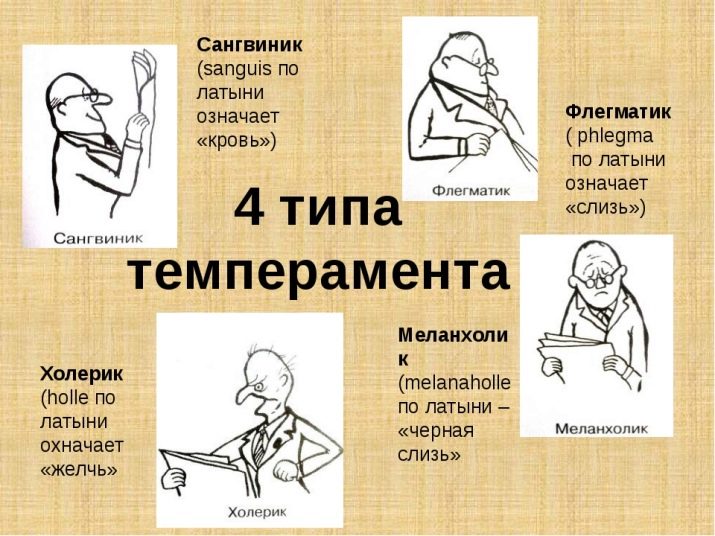
A sanguine person is a person with increased activity, balanced by the same reactivity. He is optimistic and complacent about life, loves loud conversations, big companies and vigorous activity. The high sensitivity threshold does not allow him to pay attention to too quiet and calm sounds. But sanguine people are characterized by speed of reactions, liveliness of mind and quick adaptation to new conditions.


The choleric person is also characterized by low sensitivity and activity, however, reactivity prevails in his temperament. He is often unrestrained and even aggressive, more difficult in changing thoughts and stable than a sanguine person.Persistent and self-confident, loves a large amount of communication, but it is very difficult to switch attention from one action or goal to another. The activity of a phlegmatic person prevails over reactivity, and therefore he is insensitive and practically not emotional. He will not be touched by the general fun, but it is very difficult to sadden such a person. He hardly switches between activities, but at the same time he is very able-bodied and assiduous. He is an introvert and reluctant to make new acquaintances.

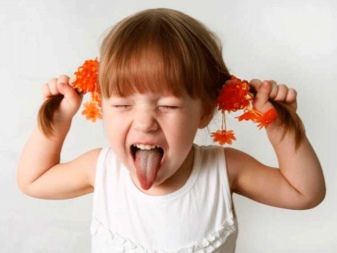
The melancholic has high sensitivity with low reactivity. Any insignificant reason can cause his reaction in the form of tears and even a nervous breakdown. The quiet voice and slow movements of the melancholic give out in him a deep introvert who prefers to escape from a large crowd of people into his inner and often invented world. The attention of such a child will be unstable, he is often distracted by trifles, and the slightest difficulty knocks him out of a rut for a long time. At the same time, such people have well-developed empathy and compassion, both men and women often love animals and small children, are able to empathize with the heroes of books and films.


In ordinary life, the opportunity to meet a pure choleric or melancholic, like other types, tends to zero. There are practically no people of the same type of temperament due to the fact that the external environment and upbringing often leave their mark on the psyche. At the same time, the influence of some features of temperament on a child's character will be stronger than others, which will ultimately determine its type. In order to find out the temperament of the child, it is enough to conduct a small test and answer the following questions.
- What kind of games does a child of preschool and school age prefer (quiet or active, with friends or alone)?
- How does the child perceive the criticism of the parent or the student perceives the teacher's remarks (agrees, takes offense, gets angry)?
- How does a son or daughter communicate with different peers (loves attention or prefers to be silent, listens to them or tries to act as a leader)?
- How does the baby react to new places and people (constrained and indecisive or interested in what is happening, is quickly excited or does not show any reaction)?
- How does a boy or girl make decisions or do homework (with a quick swoop or long weighing, problems are solved patiently and slowly or quickly, but interest soon disappears)?
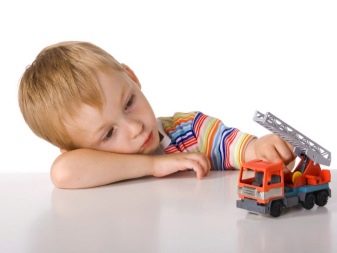


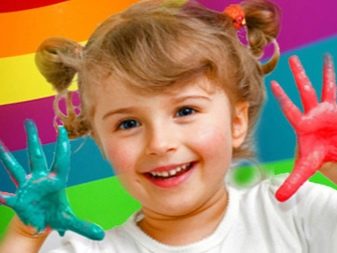
Depending on what individual characteristics of the child will serve as answers to these questions, it is possible to determine the main temperamental type of not only a school-age child, but even a nursing baby.
Sanguine
Such a temperament is easy to recognize from an early age. Sanguine babies develop rapidly, show interest in the world around them, and sleep little. Such children almost do not cause problems for parents and are often called "golden". They are active, love both sports and learning new things. They make friends easily, but their absence is hard to bear. Boys and girls with this temperament quickly forget failures and strive for new goals. Sanguine people are obedient, but at the same time they know how to express their opinion. Closer to adolescence, their energy only grows even more, and they turn into a tireless entertainer for their large company or family. Learning is easy for them, in the classroom they occupy the position of a good-natured optimist who has no enemies and ill-wishers.
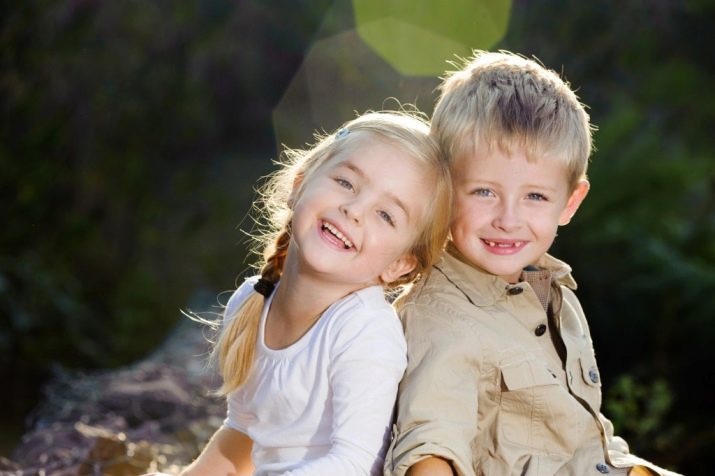
Melancholic
Such a baby has a ragged and nervous sleep, is often naughty and has a hard time calming down. Their development is slower than that of their peers, they grow poorly and later begin to speak. Distinctive features of the baby will be reticence and indecision. Such a child has deep doubts about everything and is very dependent on parental approval. They do not like going to school, as a large number of noisy classmates and a fast pace of learning tires such kids.In adolescence, melancholic people are prone to frequent depression and nervous breakdowns, any criticism is perceived very painfully and can lead to hysteria. Even if they have learned their homework, they will never raise their hand. They are rarely taken to large companies, which makes them even more suffering from their dissimilarity from other children.

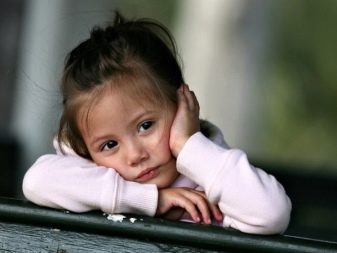
Phlegmatic person
Phlegmatic kids are real sleepyheads. They rarely show their displeasure, even if they are hungry or lying on a wet diaper. Such a child will not strain his parents with his presence, he does not run or jump, he is not curious and not sociable. The best entertainment for such a kid would be reading, assembling the designer or embroidery. Decisions are taken calmly and deliberately, they do not like fuss and big companies, but they do not run away from communication, like melancholic people. Younger schoolchildren choose their favorite subjects for a long time, but if they like something, they will always have success in this area. Teachers rarely scold them and often use them as examples for others. They have no obvious enemies, but they also have few real friends. They love accounting and order in everything, but do not try to convince others to do the same.
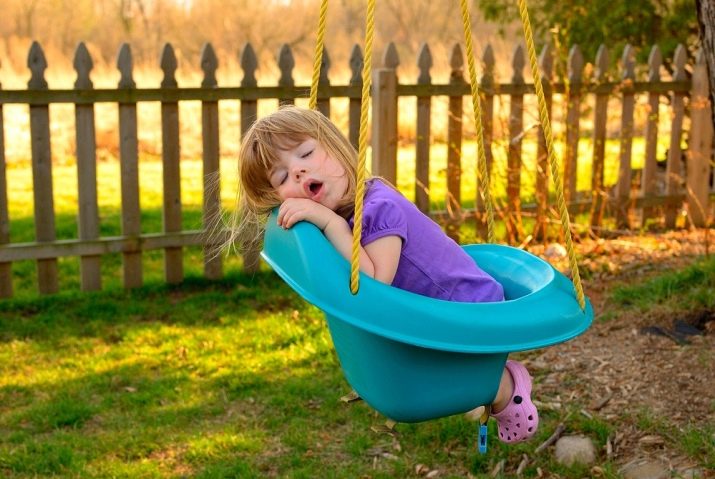
Choleric
A choleric baby is easily recognizable by the displeased screams that continually erupt from its tiny mouth. It is difficult to calm them down and turn their attention to something else. They are impatient and demanding, dislike loud voices and new surroundings. By preschool age, they acquire even greater impulsivity and instability. They accept new information and knowledge well, but they also quickly forget them. Such children often do not control their behavior, which changes several times in a short period of time. In communication with peers, they like to be a leader and even a tyrant. They have many friends, but also many ill-wishers. By adolescence, they learn to hold back their tears, but they direct their anger at the offender without delay, whether in front of them a classmate, a parent or even a school principal.


Features of education and training
In order to develop the strengths of the child's temperament and smooth out his shortcomings, adults need to properly build relationships with him. Some methods will be good for a choleric person, but they will not work at all for a melancholic person, and vice versa. First of all, the child must be influenced by parents, grandmothers, grandfathers and other relatives, in addition, a teacher or educator can be involved in correcting the behavior of little boys and girls, albeit to a lesser extent.
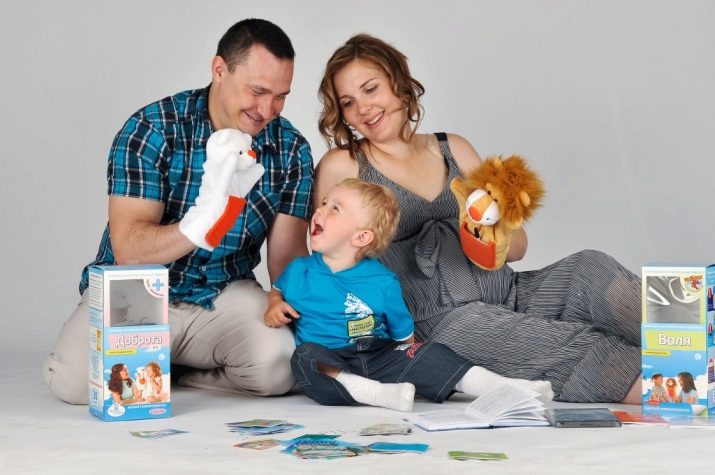
First of all, it is necessary to find for the child and subsequently the adolescent the type of employment that will reveal his talents and strengths of the personality.
Various sports sections with a team type of game are perfect for sanguine people. It can be football, hockey, or water polo. They will find true friends among their team, and sport itself will give the kid extra energy. The teenager is better suited for hobbies that teach him to overcome himself and his circumstances. It can be downhill skiing or snowboarding, a fencing club or mountaineering. Studying is easy for them, but in order to increase their perseverance, it is better to alternate mental stress with physical. The teacher does not need to pay excessive attention to the sanguine person, a fairly even benevolent attitude and impartiality.

The choleric person is full of seething feelings that can easily turn into cruelty and aggression towards others. To give vent to his rage, the choleric must throw it out in a way that is safe for peers. The boxing, karate or freestyle wrestling section is perfect for him. Choleric people make excellent track and field athletes, biathletes and acrobats. To develop their sensitivity, you can enroll your teenager in an equestrian sport or volunteer at an animal shelter. The teacher should show great sensitivity and compassion to the "school bully" so as not to embarrass him with an unfair remark.If a child offends his deskmate, the first step is to seat them in order to extinguish the conflict, and only after that try to find out the details from both sides. They like to answer at the blackboard and feel confident in front of the team, but they are easily distracted while writing independent work.
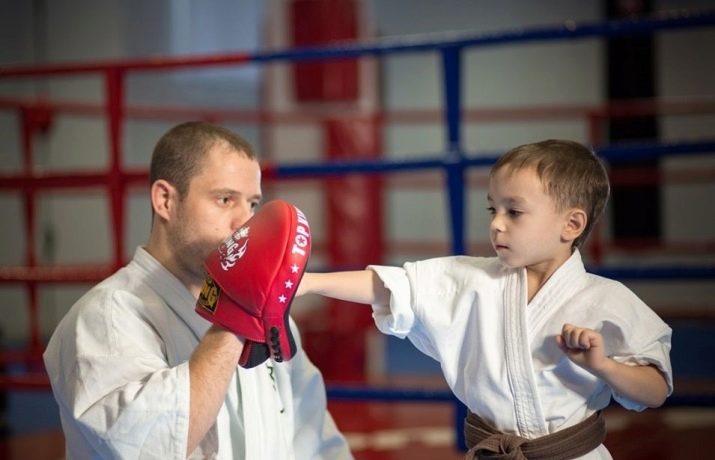
Phlegmatic people are one of the favorites of adults, as they require less attention to themselves compared to other children. They are calm and hardy, do not shy away from playing sports, but at the same time prefer such types of it in which not victory is important, but the process itself. This can be synchronized swimming, sailing or dancing. Phlegmatic people are happy to go in for strength sports, they are disciplined and patient, and therefore they will be happy to work out on a home simulator. However, their main hobby is literature. Such children can often live in a made-up world of their fantasies and do not get along well with their peers. Parents and teachers should help if any of the children wants to tie the knot with such a child.
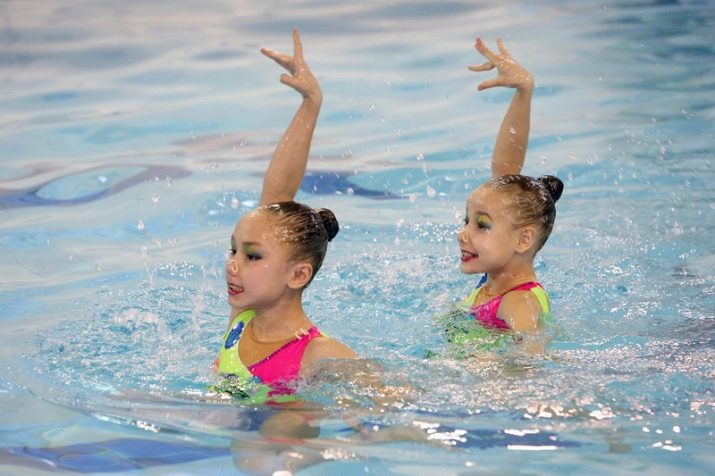
Melancholic people love stability and silence. Of all the sports, they will prefer chess or golf, they can do yoga or Pilates. It is advisable to teach such a child from childhood to steadfastly accept criticism or aggression directed at him from peers. The rest of the children often do not like melancholic, and the teachers are too busy with the rest of the class to pay attention to the conflict and even quiet bullying. It is desirable for parents to get the maximum confidence of such a vulnerable child in order to help him in a timely manner. It is worth being as honest with him as possible and constantly showing your approval so that he grows up more confident in his own abilities. Such children are afraid of public speaking, even if they know the subject perfectly. It is better to test their knowledge with tests or exams, to which melancholic people can answer in writing.
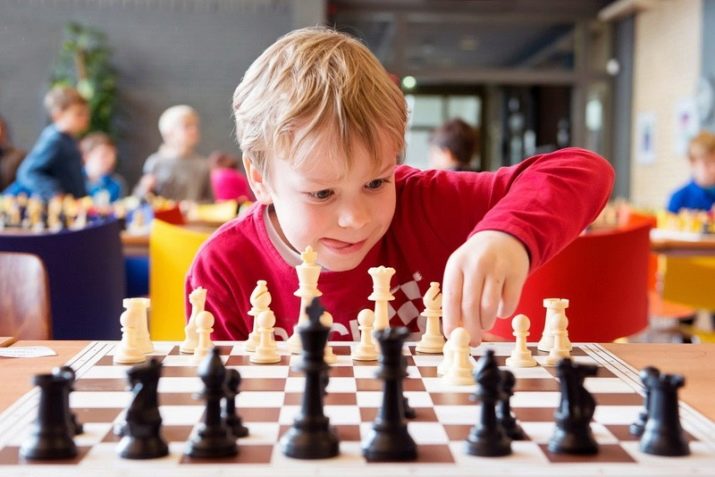
You should not try to completely change the temperament of the baby, it is simply impossible. Such attempts can lead to mental disorders and destroy the trust of the older child. It is also worth remembering that children learn best from their parents' example, not their words. Therefore, if it is necessary to develop certain qualities in a baby, first of all it is worth developing them in oneself.
For information on how to determine the temperament of a child, see the next video.








